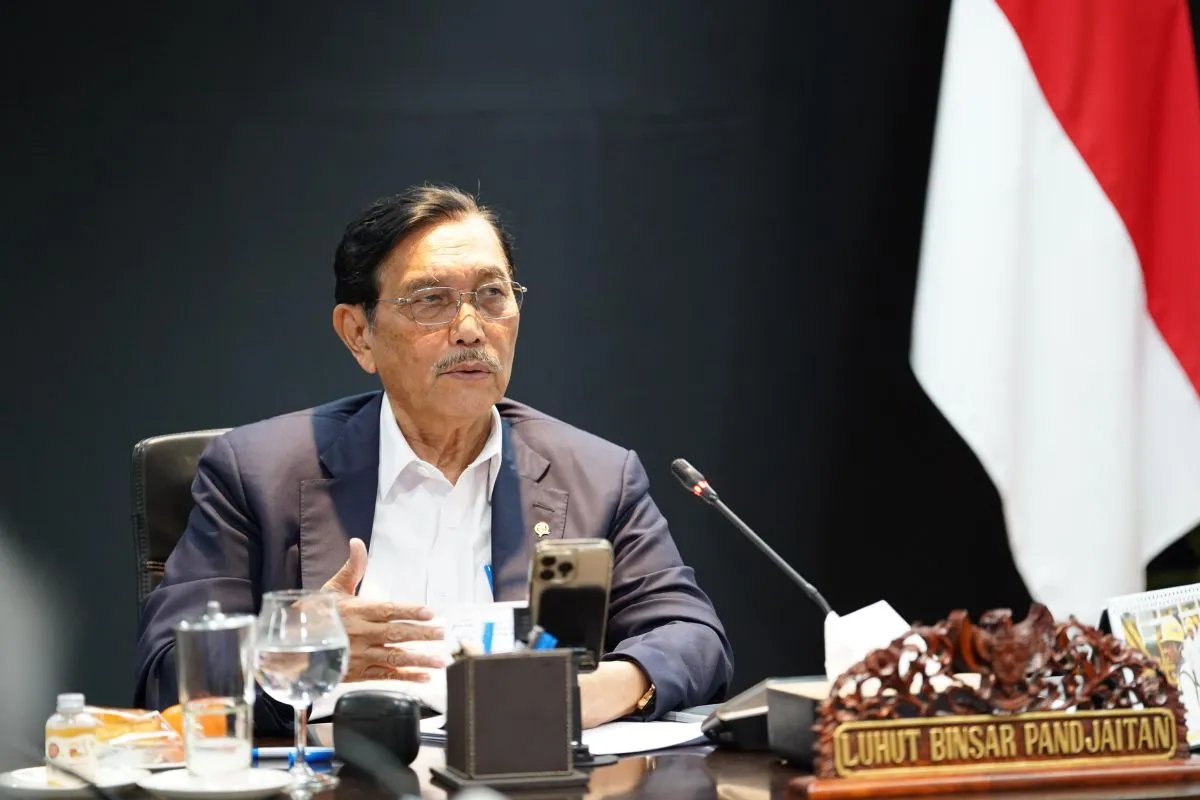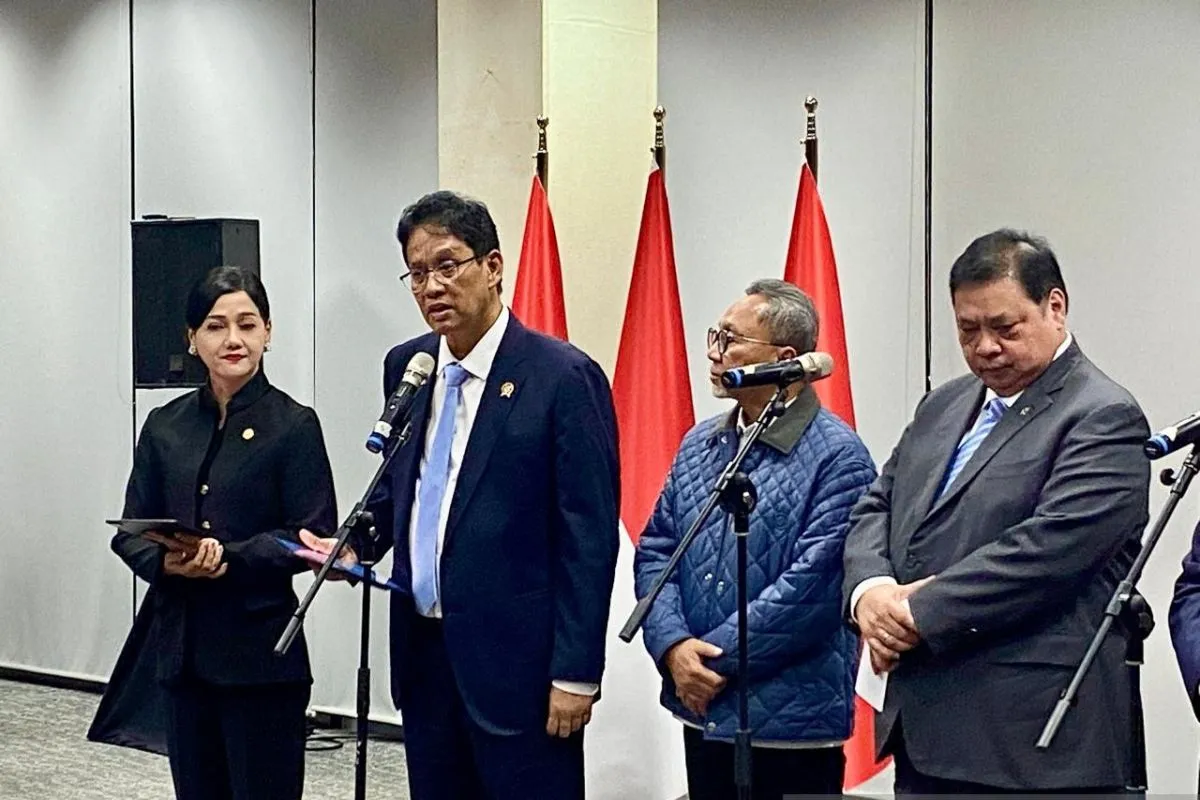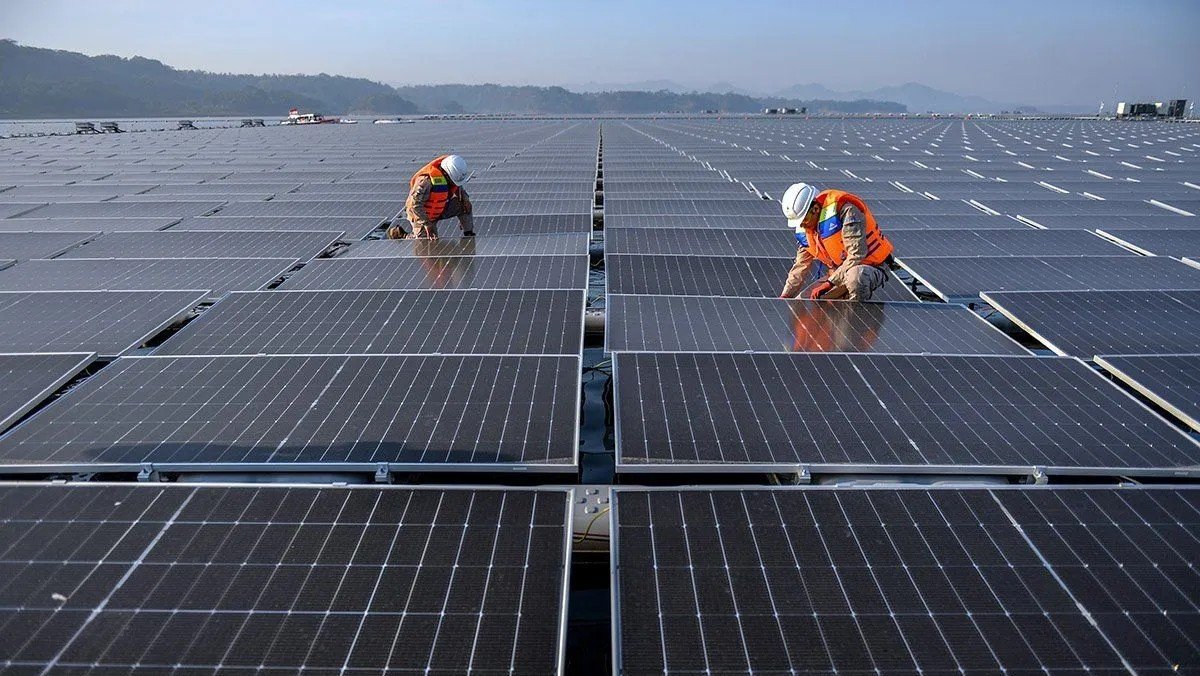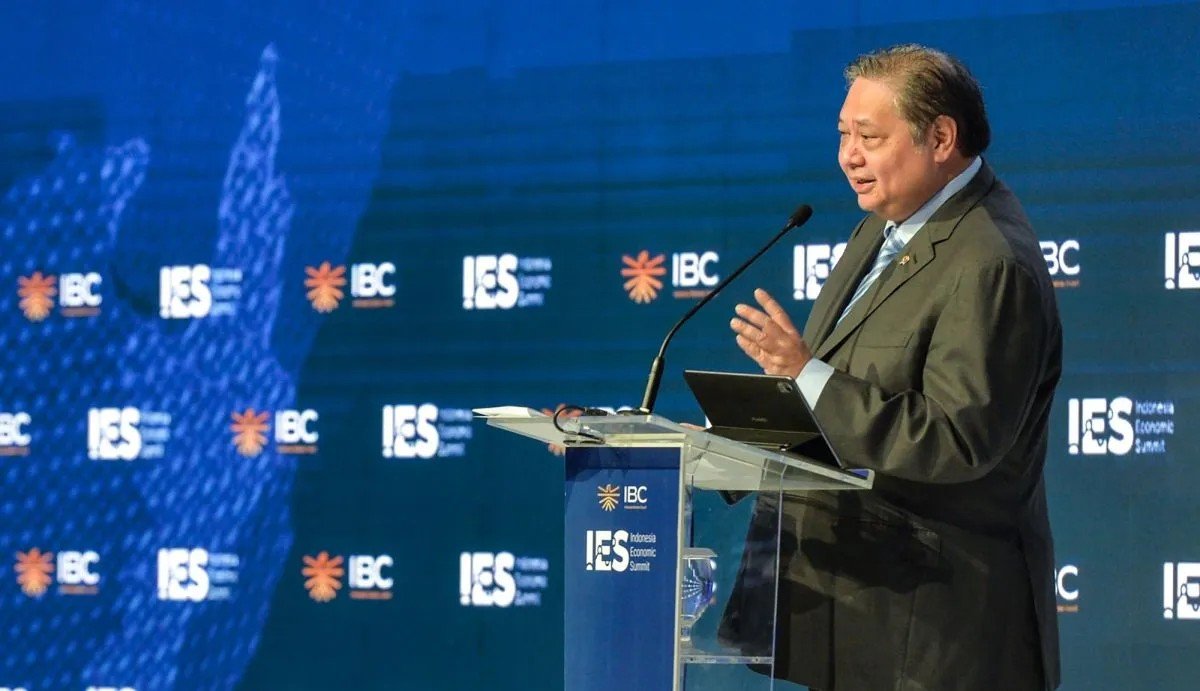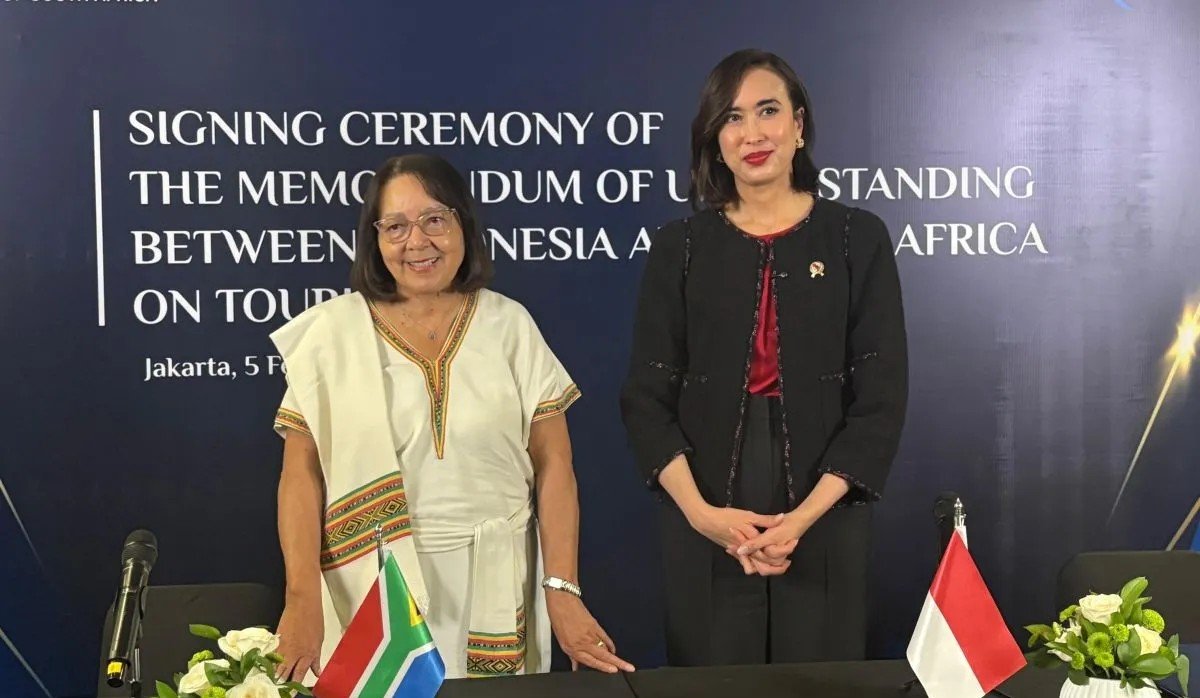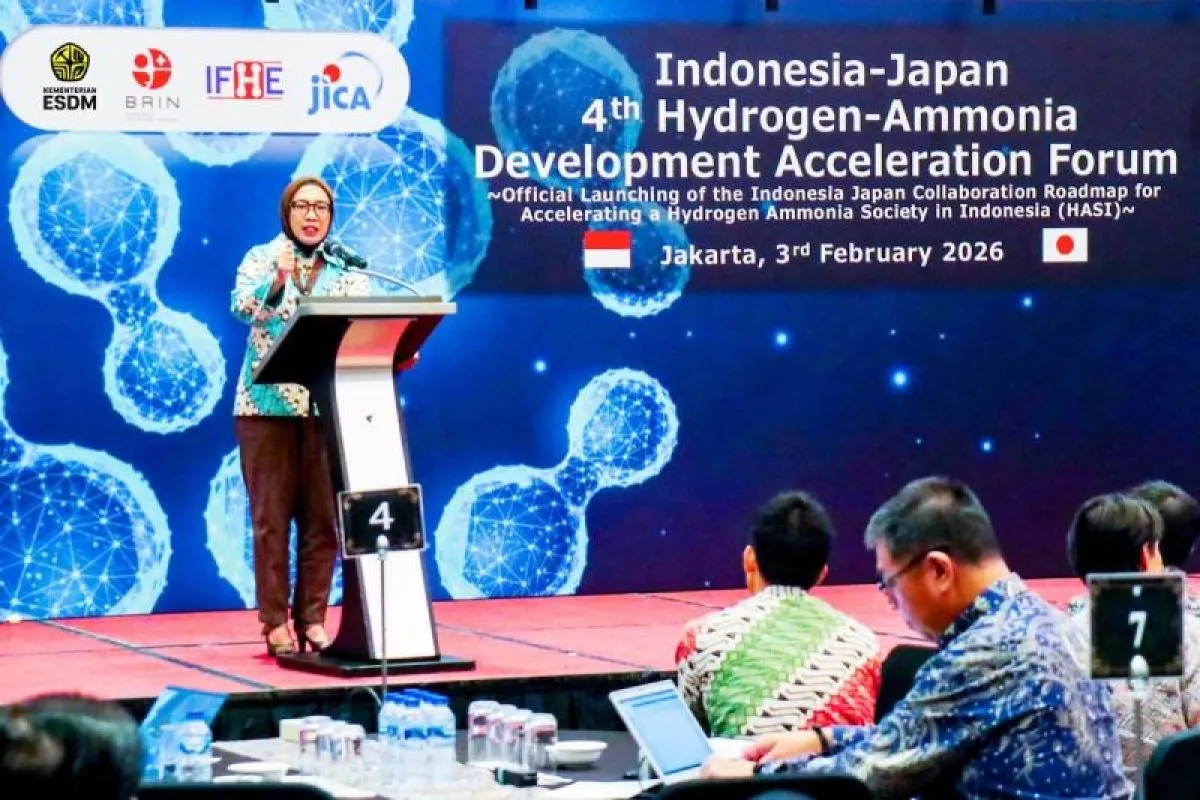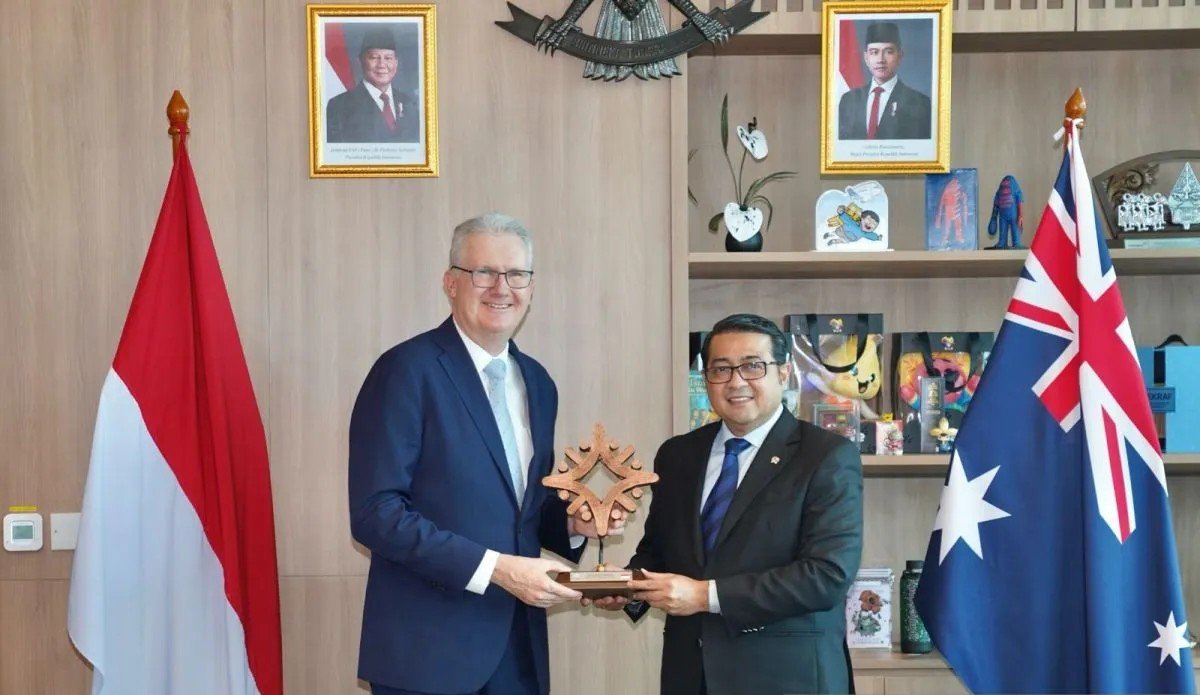Jakarta, July 17, 2025 – The Europe Today: Chairman of Indonesia’s National Economic Council (DEN), Luhut Binsar Pandjaitan, has welcomed the recent reduction in tariff rates on Indonesian products entering the United States—from 32 percent to 19 percent—stating that the move is expected to significantly strengthen Indonesia’s economic position and global competitiveness.
In an official statement issued on Thursday, Pandjaitan noted that the tariff reduction represents a key achievement of Indonesia’s strategic economic diplomacy, aimed at reinforcing global supply chains, attracting foreign investment, and enhancing the country’s reputation as a reliable trading partner.
“We are not just rolling out the carpet for foreign investors — we are opening more avenues for Indonesian products and businesses to compete globally. This is part of our economic diplomacy with long-term goals rooted in national interests,” he said.
Highlighting the broader context of the new tariff agreement, Pandjaitan affirmed that the government is committed to ensuring mutual benefits by addressing trade barriers and promoting balanced bilateral relations with the United States.
“This policy is not a one-sided concession — it is a strategy to open investment opportunities, drive technology transfers, and expand the reach of Indonesian products in a more competitive way,” he emphasized.
DEN has conducted economic simulations comparing the impact of the previous 32-percent tariff and the new 19-percent rate. Findings suggest the lower tariff will yield greater advantages for Indonesia’s economy, with the country’s gross domestic product (GDP) projected to grow by 0.5 percent as a result of increased foreign investment. The expected growth is anticipated to stem from global companies relocating their manufacturing operations to Indonesia, particularly in labor-intensive sectors such as textiles, garments, footwear, furniture, and fisheries.
In addition, the employment absorption rate is projected to rise by 1.3 percent, contributing to an improvement in public welfare.
Pandjaitan emphasized that the tariff reduction also marks a strategic opportunity for Indonesia to accelerate deregulation efforts and reduce domestic logistics and production costs.
“DEN believes that on-point, data-based national economic policies will be key to driving inclusive and competitive economic growth,” he concluded.
The development is seen as a step forward in Indonesia’s broader economic agenda, reinforcing the country’s readiness to compete in the global marketplace while ensuring sustainable benefits for its people.
